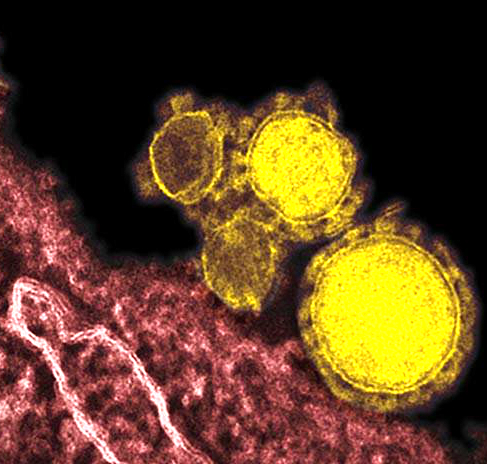MERS makes waves in Asian nations
 South Korea has vowed to go “all out” in its response to the Middle East Respiratory Syndrome (MERS) virus, after recording the sixth death.
South Korea has vowed to go “all out” in its response to the Middle East Respiratory Syndrome (MERS) virus, after recording the sixth death.
South Korea’s health ministry has this week announced 23 new infections, bringing the total to 87, including the death of an 80-year-old man in the city of Daejeon.
MERS was first identified in humans in 2012, caused by a coronavirus from the same family as the one that triggers Severe Acute Respiratory Syndrome (SARS).
However, MERS has a much higher death rate (38 per cent), according to the World Health Organisation.
The current South Korean MERS outbreak has been traced back to one man, who recently got back from a business trip to the Middle East.
2,300 people are now under quarantine orders and concern is growing along with the outbreak.
The World Health Organisation has not advised any travel restrictions be imposed just yet, as all infections have been restricted to hospital patients, staff and their families.
But the South Korean government has been criticised for its initial response to the outbreak.
The Government refuses to name the hospitals where patients are diagnosed or treated.
More than 1,800 schools — mostly in Seoul and surrounding Gyeonggi province — have been closed, while school trips, camps and sporting events have been postponed or cancelled.
There is no record of a sustained human-to-human transmission of MERS, but experts warn that the virus could change and start to spread rapidly, as SARS did in 2002-03 in an outbreak that killed about 800 people.







 Print
Print